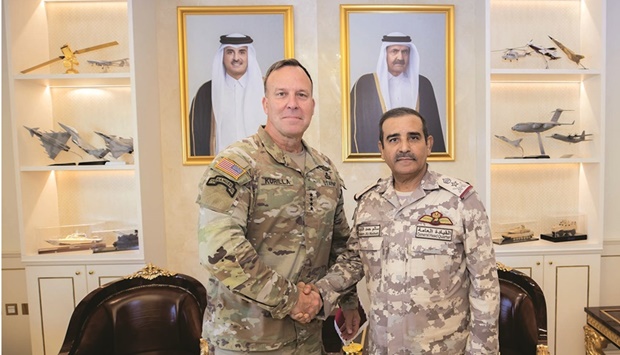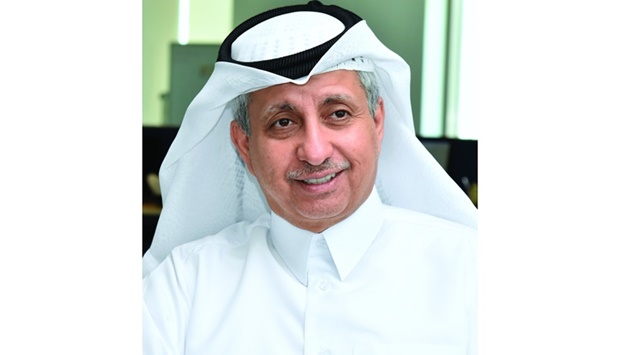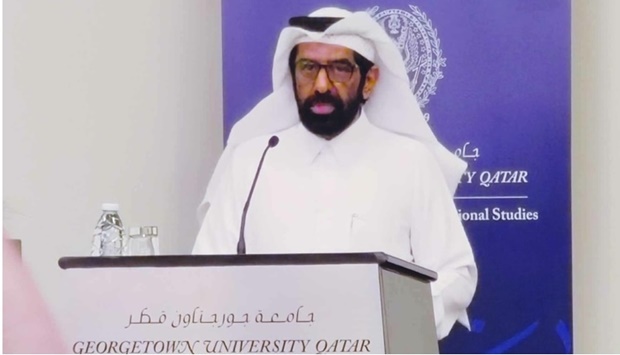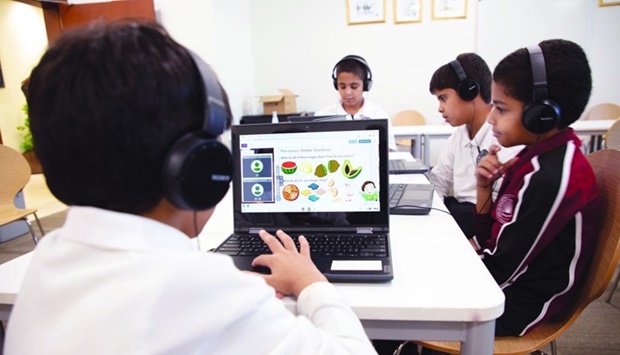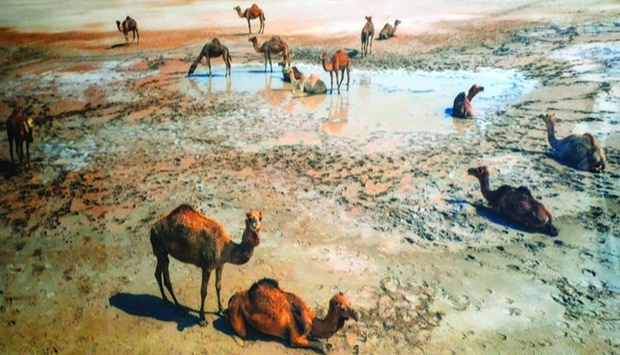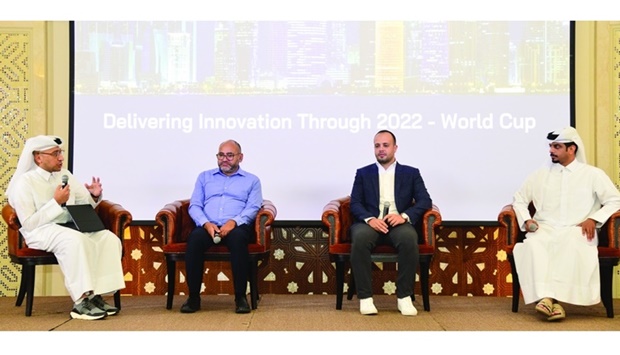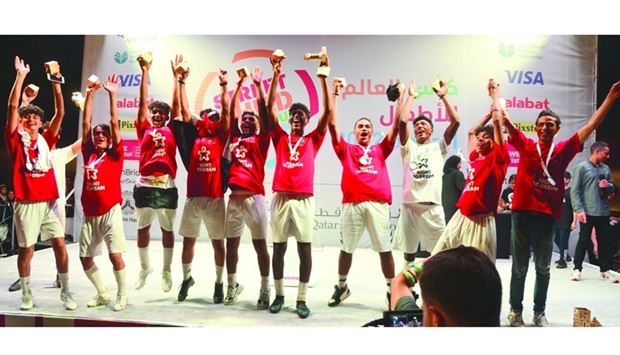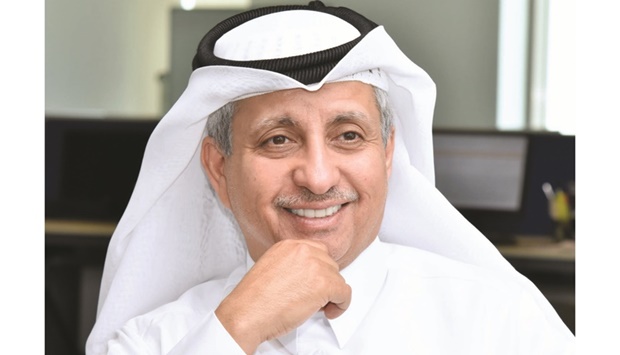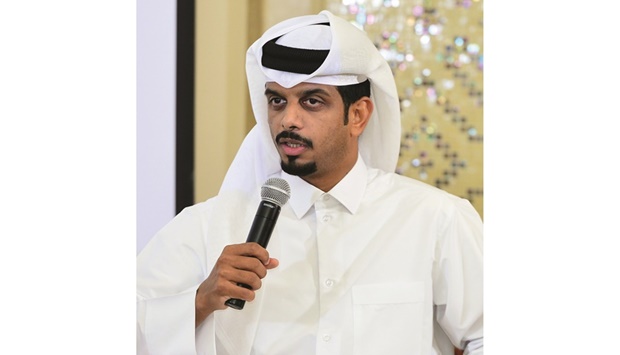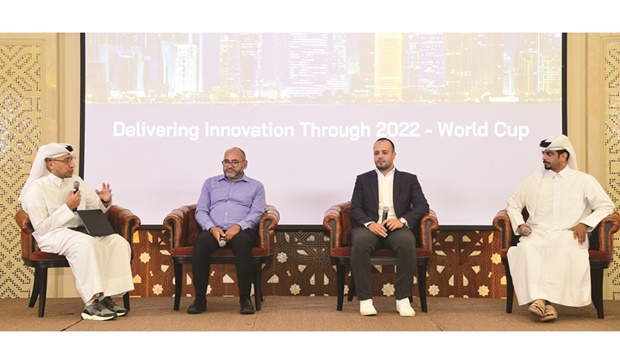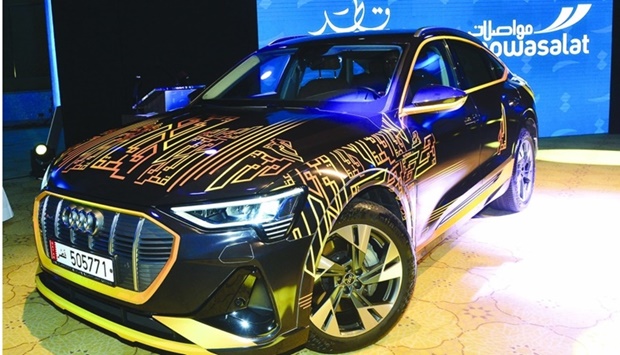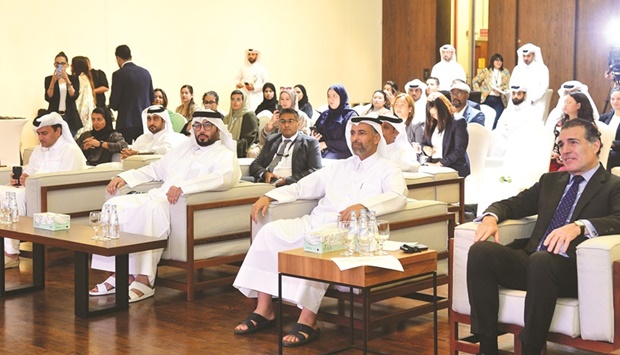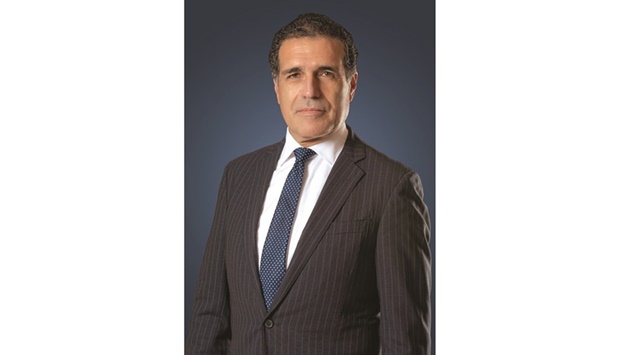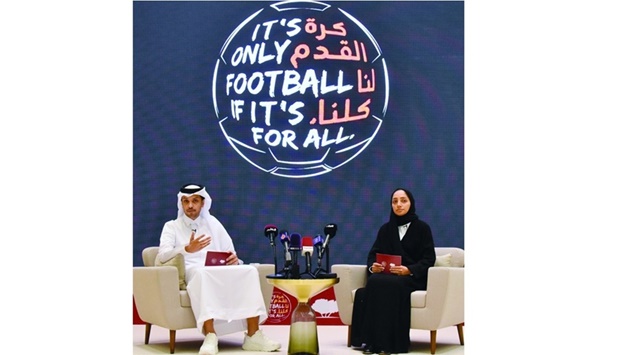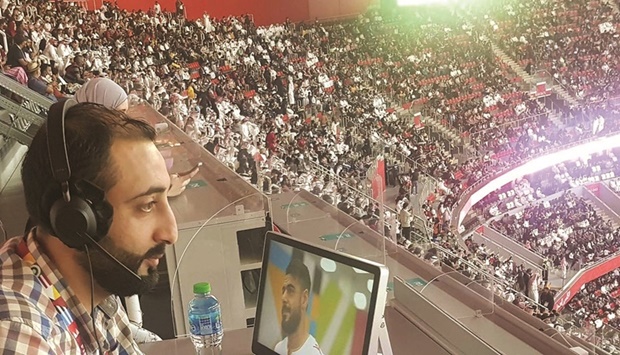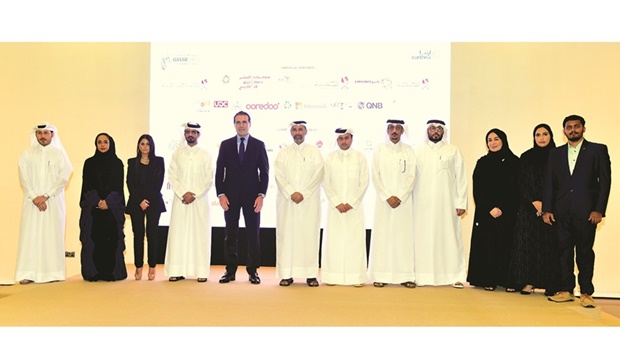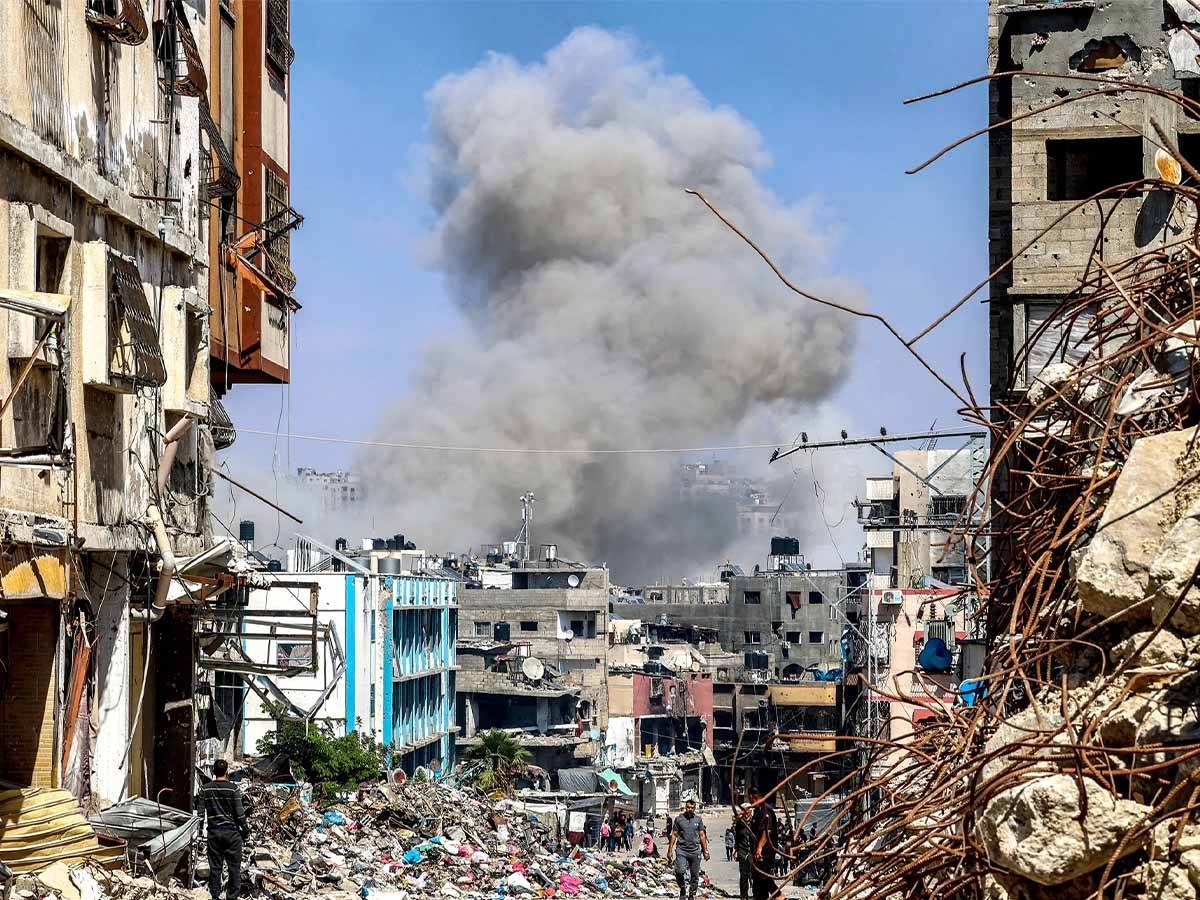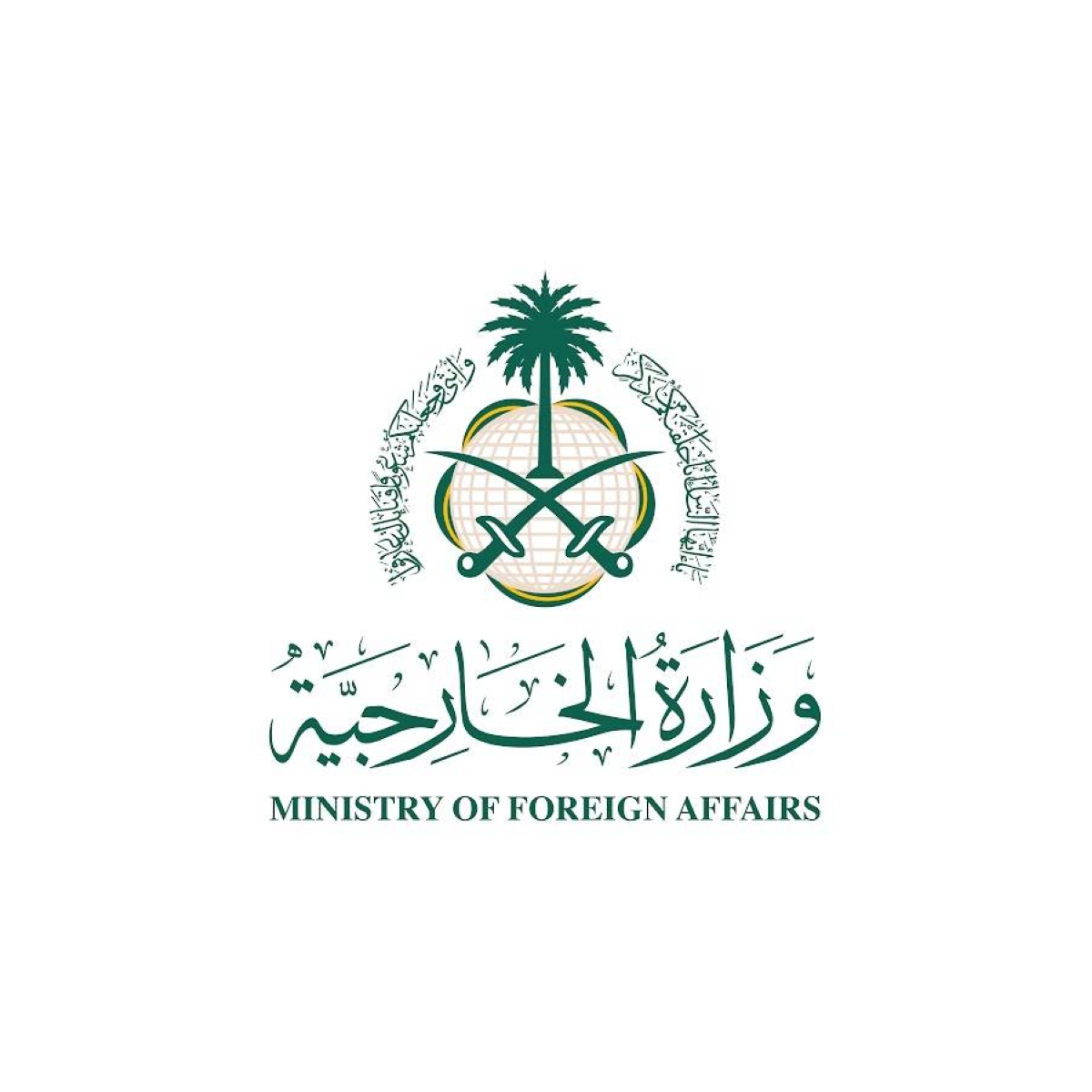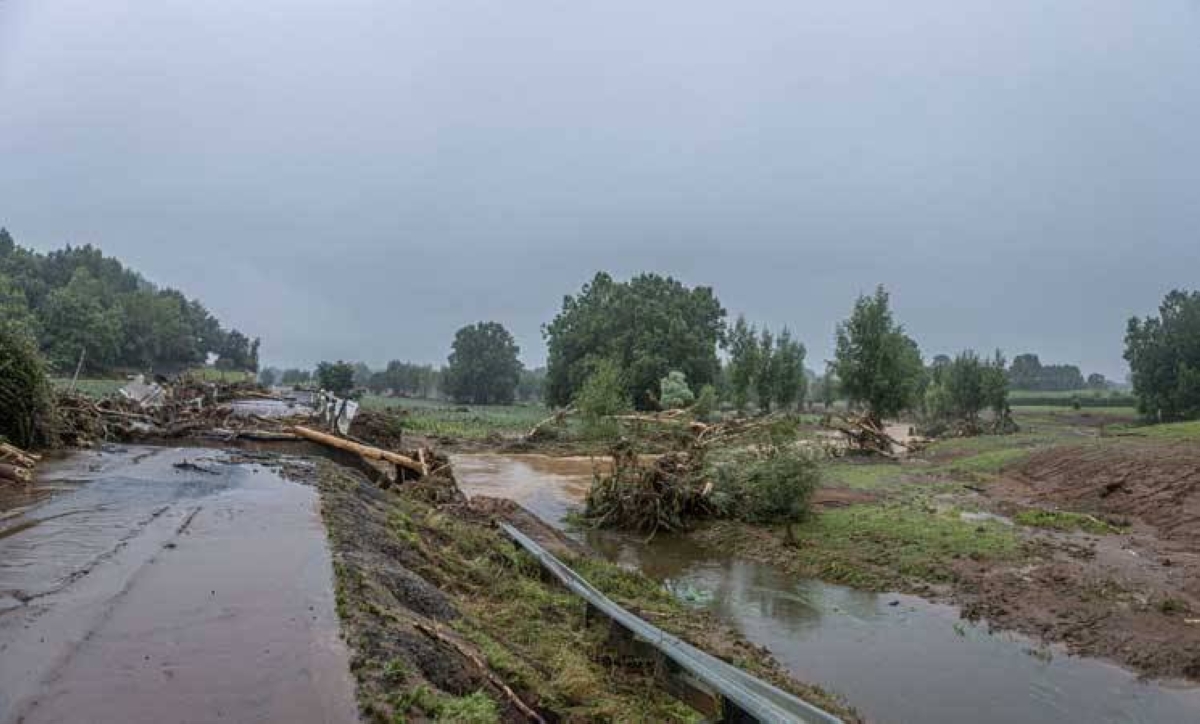The US and Qatar share a vision for the security of the region, that continues and is more important than ever in today's complex world, noted a visiting US official. “This is a military partnership the US values tremendously. Qatar is a major non-Nato ally. But alongside of that, Qatar is a military partner working through many of the urgent challenges that we face in the region,” said, General Michael “Erik” Kurilla, commander of US Central Command, who oversees US military operations in 20 countries including Qatar. In an e-mail interview with Gulf Times, General Kurilla said that the US-Qatar relations are very strong. “This is a critically important strategic partnership for the US, for Qatar and for the region. This is a relationship that dates back more than 50 years to the onset of Qatari independence. Our militaries were working together even before the formation of Centcom,” he explained. “Our strategic approach is summarised by three words: People, Partners, and Innovation. We must rely on our strong military partners in the region such as the Qatar Armed Forces for security and stability in the region. No nation can go it alone and no one can solve the region’s complex problems alone. We are committed to strengthening our partnership with our Qatari partners,” continued the official. General Kurilla noted there are many opportunities ahead for both countries to build on the collective defence. “We have many training exercises throughout the year with the Qatar Armed Forces. These exercises allow both nations to focus on border security, air defence and air-to-ground integration,” he said. The official noted that Qatar has played an outsized role in the US efforts to evacuate tens of thousands of people from Afghanistan. “The United States is grateful for Qatar’s remarkable support for the safe transit of hundreds of US citizens and tens of thousands of Afghans and other evacuees from Afghanistan. We appreciate all Qatar continues to do in providing safe transit, housing, and out processing through Camp As Sayliyah,” he said. As for the FIFA World Cup Qatar 2022, General Kurilla said that the US has great confidence in the ability of the Qatar Armed Forces to safely host the World Cup. He pointed out that consistent with the US strategic approach of people, partners, and innovation, the focus remains on military partnerships throughout the region. “The US military and the Qatar Armed Forces want the same things: resolution of conflict, regional stability, defeat of violent extremist organisations, and the de-escalation of tensions throughout the region,” he highlighted. "Given that President Biden personally designated Qatar a major non-Nato Ally, it is clear that this administration values relations with Qatar. We in Centcom see the great value in our military partnership with the Qatar Armed Forces. We must rely on this ironclad relationship for regional security,” added General Kurilla.

Joseph Varghese
A journalist with a penchant for reporting events, Joseph Varghese digs deep to unearth facts. With several years of experience, including at Gulf Times, Joseph handles health, science and technology, IT and education in addition to everyday developments.
Most Read Stories

